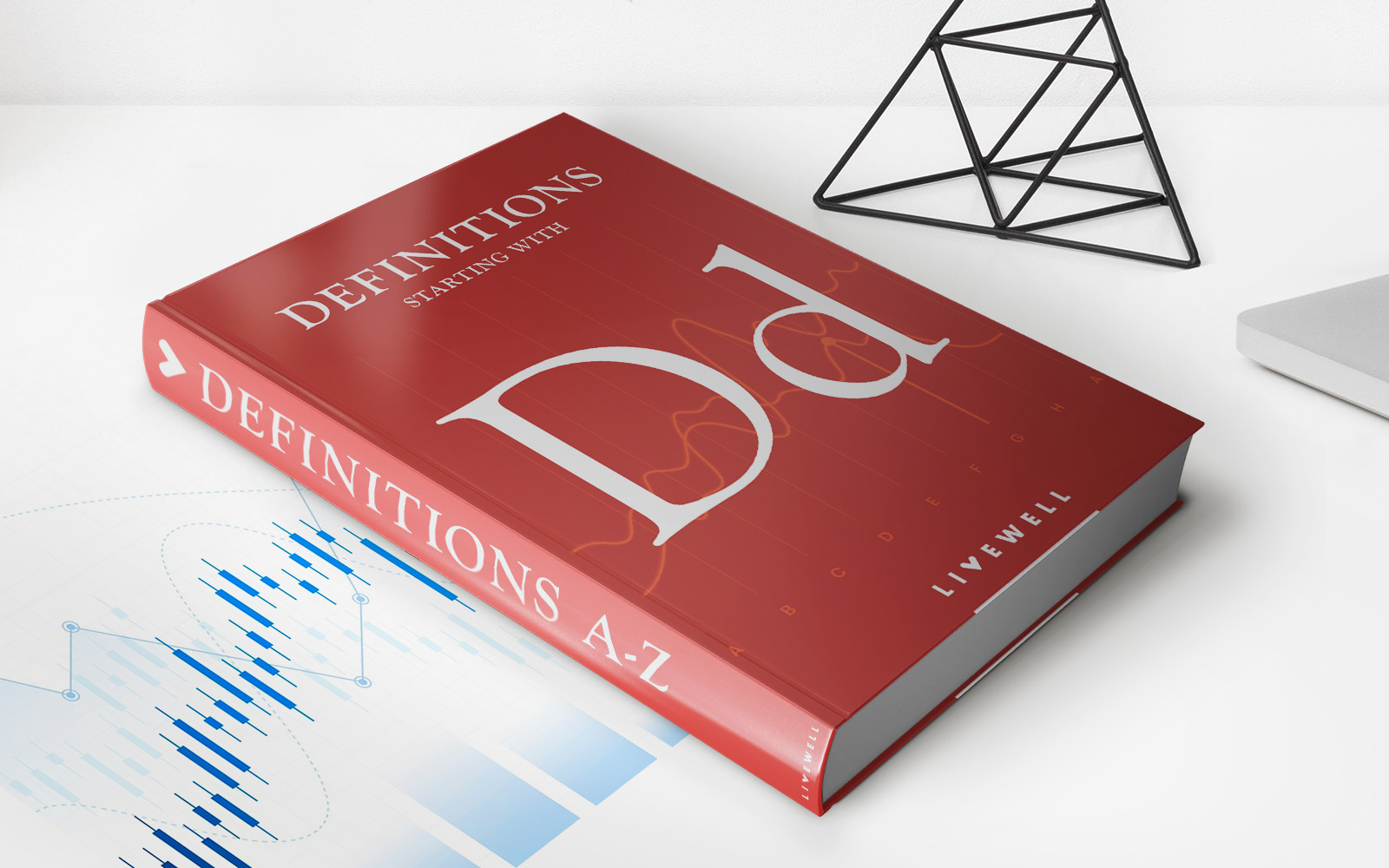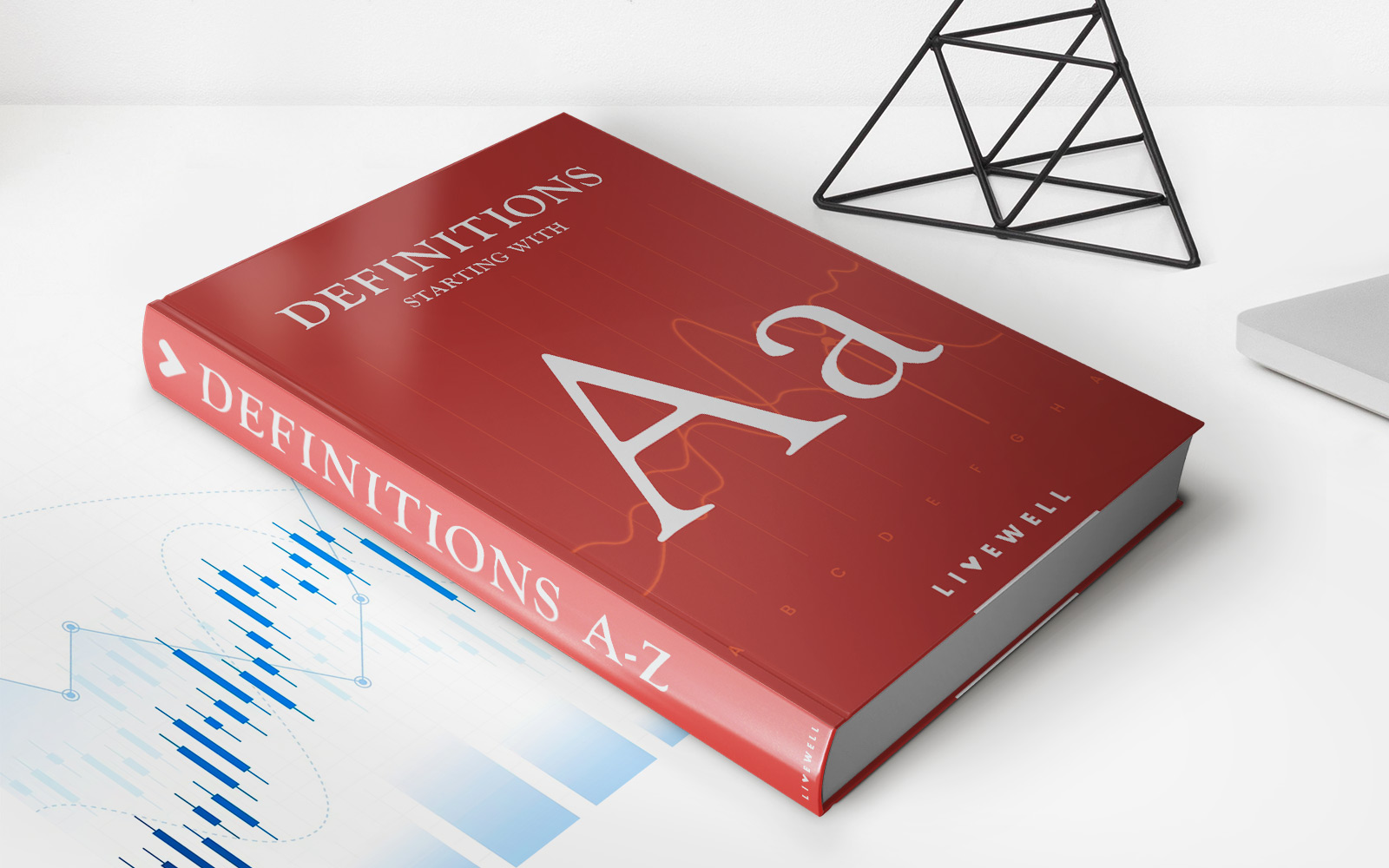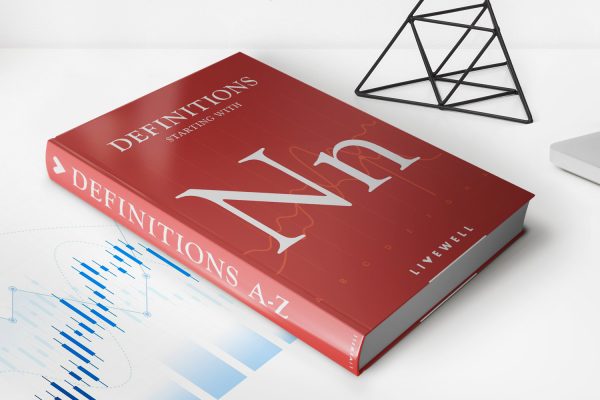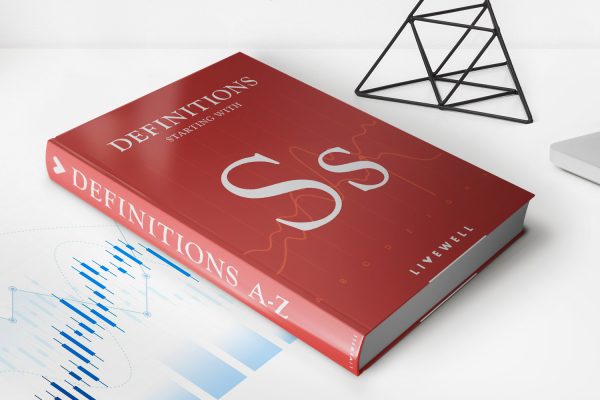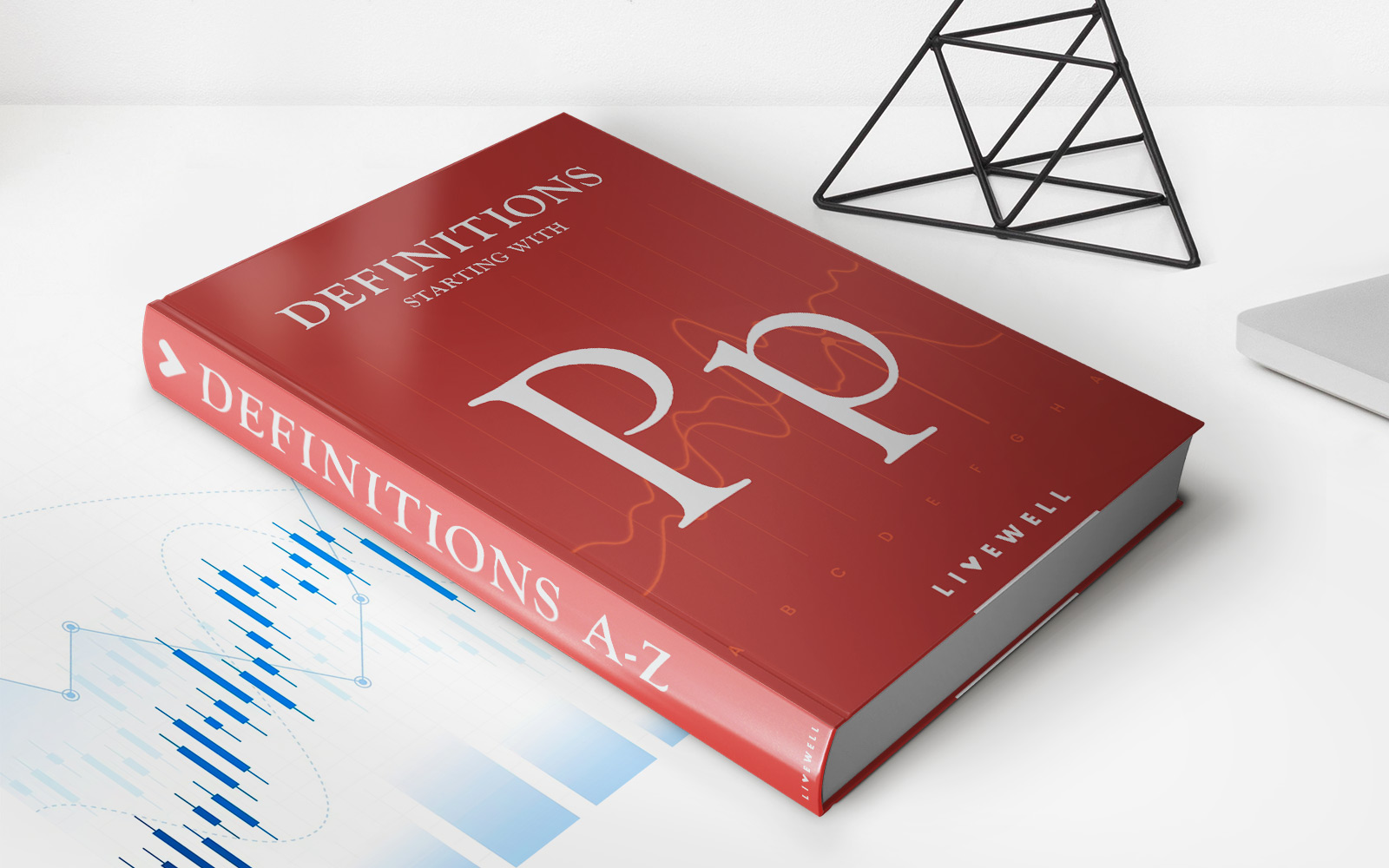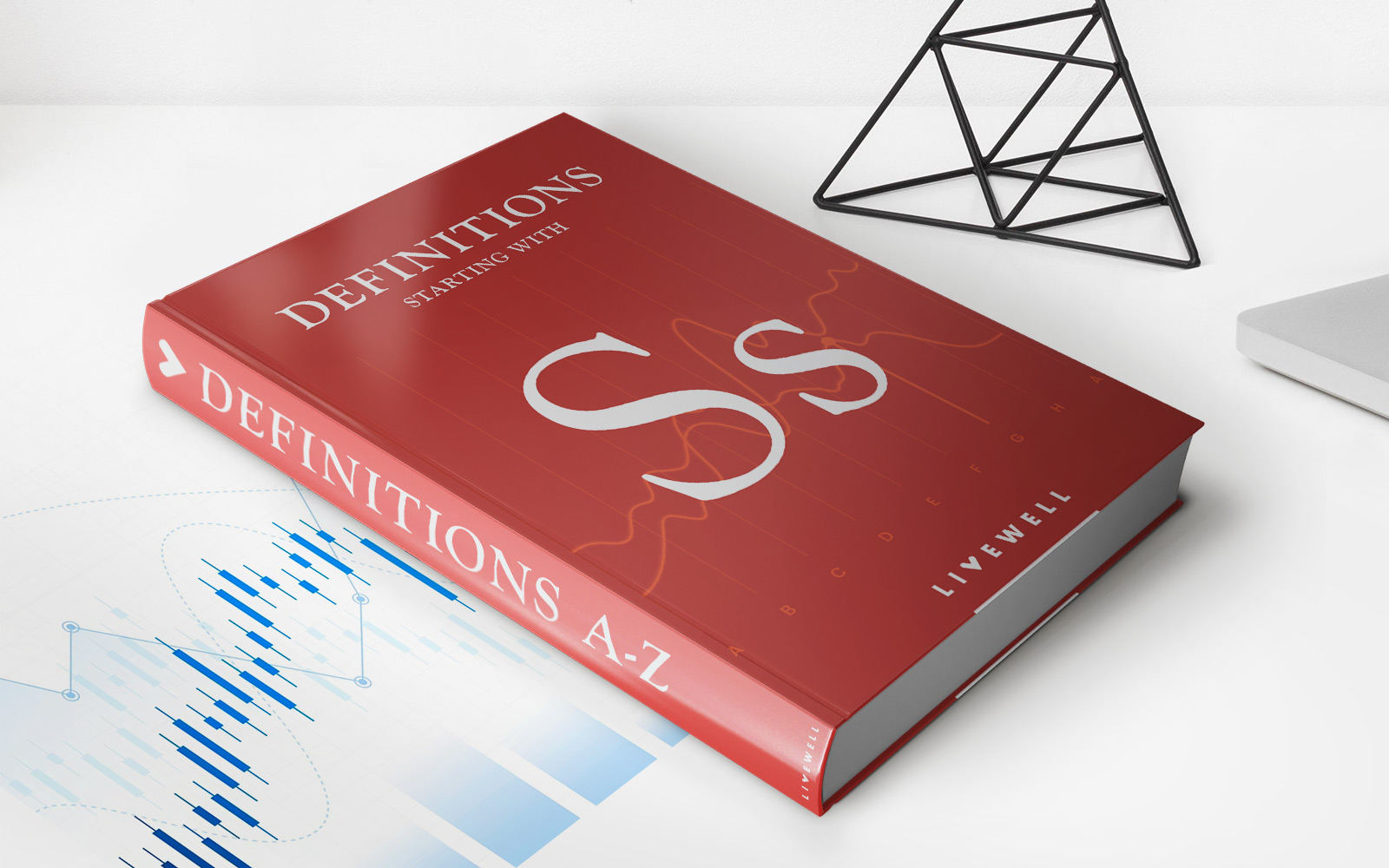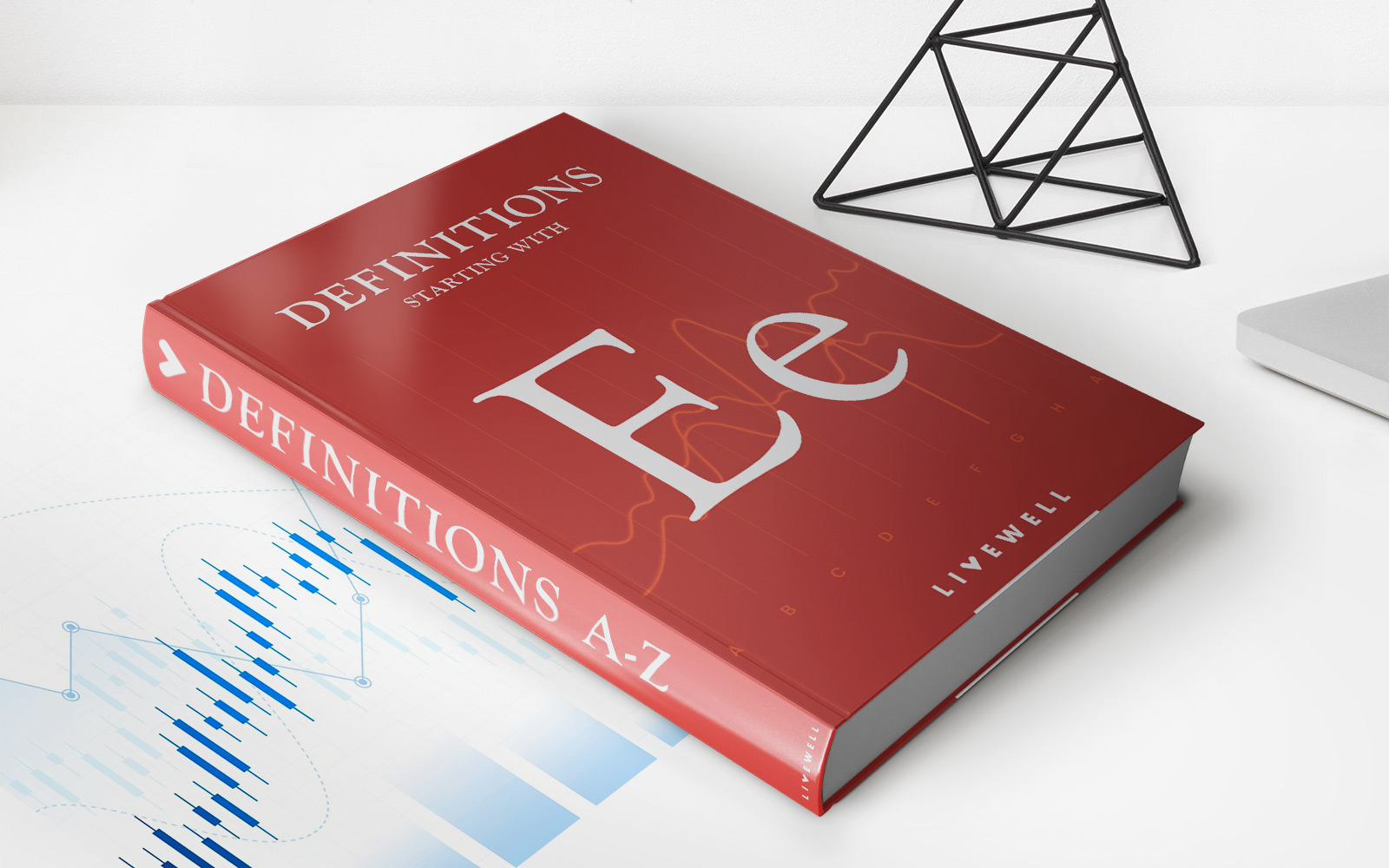Home>Finance>Office Of Foreign Assets Control (OFAC): Definition, Sanctions


Finance
Office Of Foreign Assets Control (OFAC): Definition, Sanctions
Published: January 2, 2024
Learn about the Office of Foreign Assets Control (OFAC) and its role in enforcing financial sanctions, with a focus on the definition and implications for finance professionals.
(Many of the links in this article redirect to a specific reviewed product. Your purchase of these products through affiliate links helps to generate commission for LiveWell, at no extra cost. Learn more)
Understanding Office of Foreign Assets Control (OFAC): Definition, Sanctions
Welcome to our Finance category, where we provide valuable insights into various aspects of financial regulations. In this blog post, we will dive deep into the Office of Foreign Assets Control (OFAC) and explore its definition and the sanctions it imposes. If you’ve ever wondered how OFAC affects businesses and individuals, this is the article for you!
Key Takeaways:
- OFAC is a department of the U.S. Treasury responsible for enforcing economic sanctions and trade embargoes.
- Non-compliance with OFAC regulations can result in severe fines and reputational damage.
What is the Office of Foreign Assets Control (OFAC)?
The Office of Foreign Assets Control, commonly known as OFAC, is a branch of the U.S. Department of the Treasury that plays a critical role in enforcing economic and trade sanctions against countries and individuals involved in activities that pose a threat to national security or U.S. foreign policy objectives.
Established in 1950, OFAC administers and enforces a wide range of sanctions programs, including those targeting specific countries such as Iran, North Korea, and Venezuela, as well as sanctions against terrorist organizations, narcotics traffickers, and other entities engaged in illicit activities.
What are the OFAC Sanctions?
OFAC sanctions are restrictions imposed on individuals, organizations, and even entire countries to discourage certain behaviors, prevent money laundering, combat terrorism, and counter other threats to national security. These sanctions typically involve freezing assets, restricting trade, and prohibiting financial transactions with designated entities.
Some notable types of OFAC sanctions include:
- Blocking sanctions: These sanctions involve freezing the assets and prohibiting transactions with designated individuals or entities. U.S. persons and organizations are generally prohibited from engaging in any financial transactions involving blocked individuals or entities.
- Embargo sanctions: Embargoes can be imposed on entire countries or specific sectors within a country, restricting or prohibiting trade, investment, and financial transactions.
- Secondary sanctions: Secondary sanctions are designed to deter foreign entities from conducting business with sanctioned individuals or countries. By targeting non-U.S. entities, these sanctions aim to extend the economic impact beyond U.S. jurisdiction.
Implications of Non-Compliance with OFAC Regulations
The consequences of non-compliance with OFAC regulations can be severe for individuals and businesses alike. Violations can result in significant monetary penalties, loss of access to the U.S. financial system, and even criminal charges. Moreover, non-compliance may lead to reputational damage and loss of trust among customers, partners, and investors.
Conclusion
Understanding the Office of Foreign Assets Control (OFAC) and the sanctions it imposes is crucial for businesses and individuals involved in international trade or financial transactions. Complying with OFAC regulations is not only essential to avoid hefty fines and punitive measures but also to uphold ethical business practices and contribute to global efforts to maintain economic stability and security.
For more information and updates on OFAC regulations, make sure to follow our Finance category for expert insights and guidance.

